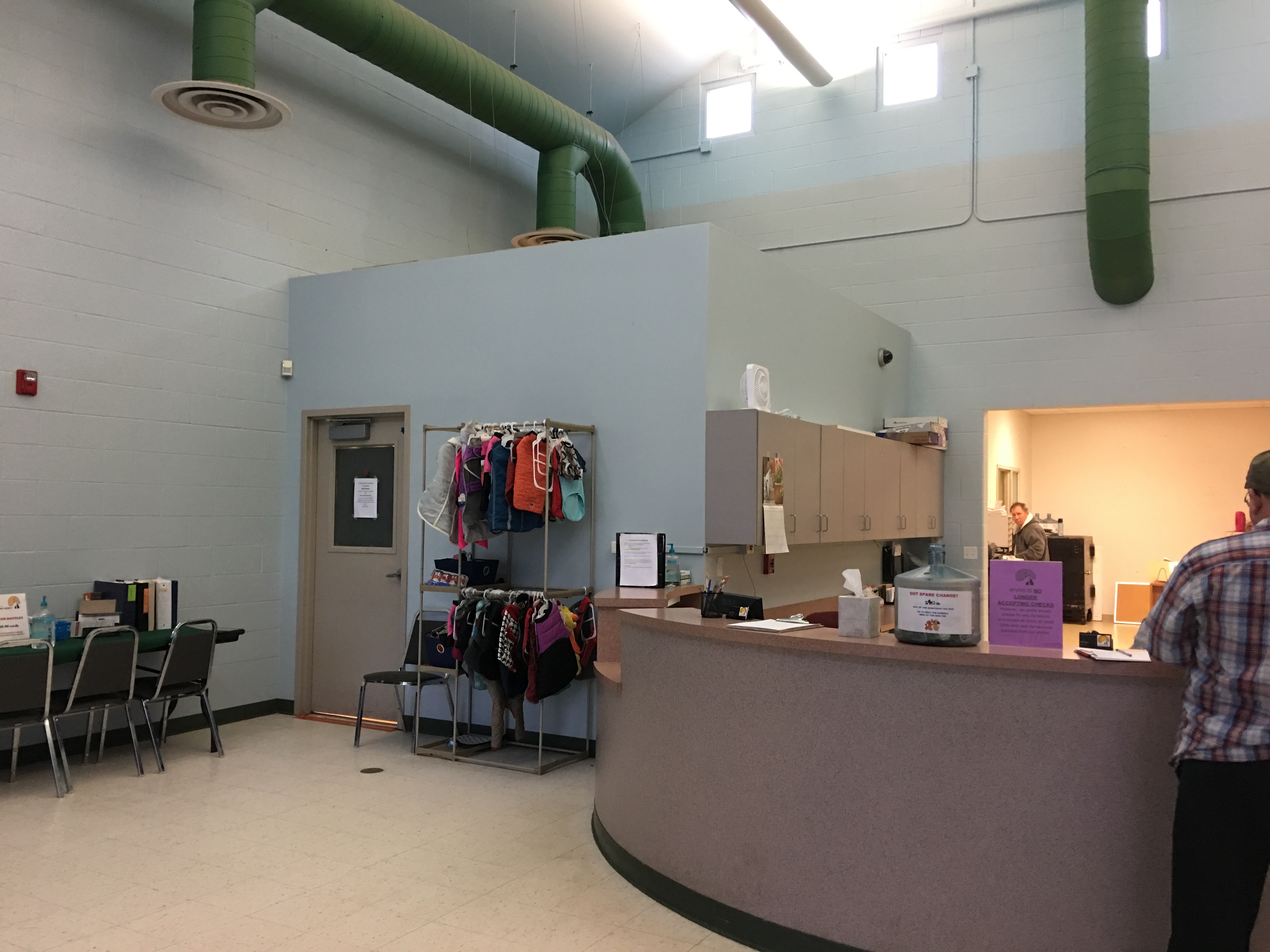West Valley Humane Society: Adopt A Pet Today!
This organization serves as a sanctuary for abandoned, neglected, and surrendered animals. It provides temporary shelter, medical care, and rehabilitation services with the aim of finding suitable permanent homes for its wards. Activities encompass animal adoptions, fostering programs, and community outreach initiatives focused on responsible pet ownership.
Such entities play a vital role in addressing the challenges of animal overpopulation and welfare. They offer a crucial safety net, preventing unnecessary euthanasia of adoptable animals. Furthermore, these organizations often contribute significantly to public education, promoting humane treatment and responsible care practices. Their existence reflects a community's commitment to ethical animal stewardship.
The remainder of this discussion will explore specific aspects related to animal welfare programs, adoption processes, and community engagement opportunities within the realm of animal protection organizations.
- Where Is Ross Caruso Going After Leaving
- Kari Karte Has Been Sammy Hagar S
- Carter Belfort Biography Net Worth Age College
- Juanita Du Plessis Bio Age Wiki Facts
- Kenny Babyface Edmonds Finalizes Divorce With Nicole
Frequently Asked Questions
The following addresses common inquiries regarding operations and services.
Question 1: What types of animals are accepted?
Generally, dogs, cats, and small domestic animals are accepted, contingent upon space and resource availability. Exotic or wild animals are typically not accepted due to specialized care requirements.
- Who Is Kendra Hatcher His Wiki Details
- Brantley Gilbert Age Net Worth Kids Weight
- Virginia Madsen And Her Partner Had An
- Lee Cruse Wiki Tv Host Age Wife
- Where Is Lorraine Taylor Now Is Lorraine
Question 2: What is the adoption process?
The adoption process involves completing an application, undergoing an interview, and potentially a home visit. The goal is to ensure a suitable match between the animal and the prospective adopter.
Question 3: What are the adoption fees?
Adoption fees vary depending on the animal's age, breed, and any necessary medical treatments. These fees help offset the costs of care provided to the animals.
Question 4: Does it provide veterinary services to the public?
Typically, veterinary services are provided primarily to animals in its care. Public spay/neuter clinics may be offered periodically, depending on funding and staffing.
Question 5: What volunteer opportunities are available?
Volunteer opportunities include animal care, adoption assistance, event support, and administrative tasks. Individuals interested in volunteering are encouraged to submit an application.
Question 6: How are donations utilized?
Donations are used to fund animal care, medical expenses, facility maintenance, and community outreach programs. Financial contributions are essential to sustaining operations.
Understanding these facets provides a comprehensive overview of the organization's function and impact.
The next section will delve into community support and outreach programs.
Responsible Pet Ownership
The following provides essential advice to promote animal welfare and responsible guardianship.
Tip 1: Regular Veterinary Care: Schedule annual check-ups and vaccinations for disease prevention and early detection of health issues. Prompt veterinary attention is crucial for any signs of illness or injury.
Tip 2: Balanced Nutrition: Provide a high-quality diet appropriate for the animal's age, breed, and activity level. Avoid feeding table scraps or toxic foods, and ensure constant access to fresh water.
Tip 3: Consistent Exercise: Engage in regular physical activity to maintain physical and mental well-being. The type and duration of exercise should align with the animal's needs and abilities.
Tip 4: Safe Environment: Create a secure indoor and outdoor environment. This includes securing fences, removing potential hazards, and providing comfortable shelter from extreme weather conditions.
Tip 5: Identification and Microchipping: Ensure the animal is properly identified with a collar, tag, and microchip. Register the microchip with up-to-date contact information to facilitate reunification in case of loss.
Tip 6: Socialization and Training: Expose animals to various people, places, and situations from a young age. Enroll in obedience training classes to establish good behavior and strengthen the human-animal bond.
Tip 7: Preventative Parasite Control: Administer year-round preventative medications for fleas, ticks, heartworms, and intestinal parasites. Consult with a veterinarian to determine the most appropriate products.
Adhering to these recommendations fosters healthier, happier lives for companion animals, strengthening the bond between humans and animals.
The subsequent discussion will summarize key insights regarding animal welfare and promote responsible community participation.
Conclusion
This exploration has illuminated the critical functions performed by animal welfare organizations. Key aspects include providing shelter, medical care, adoption services, and community outreach. These services address animal overpopulation, neglect, and abandonment. The success of such an entity depends on community involvement through adoptions, volunteering, and financial contributions.
Supporting organizations such as the west valley humane society ensures the well-being of vulnerable animals and fosters a more humane community. Continued dedication to these efforts is essential for creating a future where all animals receive compassionate care and respect.
- Sharon Case Net Worth Husband Married Children
- Meet Quincy Jones 7 Kids Who Are
- Casey Burke Bio Age Wiki Facts And
- French Montana Says Max B Might Be
- November 14 Zodiac Horoscope Birthday Personality

Pets for Adoption at West Valley Humane Society, in Caldwell, ID

West Valley Humane Society's Pet of the Week The adorable Talbot!

West Valley Humane Society is over capacity with cats